Geography is far more than maps and capitals—it’s the foundation of understanding how the world works. From shaping cultures to influencing economies, geography helps us make sense of our surroundings, our history, and even our future. It encourages us to ask why things are where they are, how places are connected, and what might happen if something changes. Geography builds critical thinking. Other than a globe or map on a wall to help you learn, interactive websites with things like “pin the place” games are a fun way to explore continents, oceans, and countries. You can also watch geography or travel YouTube channels (National Geographic Kids is great). Remember to encourage curiosity about the world around you.
Kids
Summer Camp is in full swing!
A glimpse of the Summer Camp fun we’re having! The kids are enjoying tons of hands-on, electronics-free activities each week. Care to join us? Call (727) 441-4444. Our theme is “Around the World” next week! ![]()
Writing Your Own Fantasy Story
Start with a compelling premise. A strong central idea grounds your world and sets the tone for everything that follows. Fantasy might be filled with dragons and spells, but readers connect most deeply with people. Focus on your main character. Give your protagonist a clear goal, a personal flaw, and a reason the journey matters to them. The best fantasy heroes grow and struggle in ways that feel human, even when surrounded by spells and mythical beasts.
World-building is essential, but don’t fall into the trap of explaining everything up front. Instead, reveal your world through action, dialogue, and your character’s perspective. Plot your story with rising tension and clear stakes. Use the classic structure—beginning, middle, climax, and resolution—to keep your story moving. Your character should face increasingly difficult challenges, leading to a final decision or confrontation that forces them to grow. Along the way, mix action with quieter emotional beats. A great fantasy story doesn’t just dazzle—it resonates.
Your first draft doesn’t have to be perfect. Get the story down, then revise with intention— tightening scenes and deepening your character arcs. Fantasy is a wide-open genre, but the most memorable stories are the ones that feel real—even when they’re impossible.
It’s time to sign up for Summer Camp!
Helpful Habits to Improve Overall Study
Physical activity improves blood circulation, ensuring that oxygen and nutrients reach the brain, which enhances cognitive function. Exercise also reduces stress and anxiety, keeping the mind clear.
Sleep is just as important and is essential for memory and learning new information. Aim for 7-9 hours of quality sleep each night so you can stay focused throughout the day. It’s also extremely important that you incorporate vitamins and minerals into your diet, as well as drinking lots of water.
Dehydration can impair concentration and memory, so drink plenty throughout the day. Make sure to avoid excessive sugar, refined carbs, and processed foods.
Remember to engage in activities that stimulate the brain, such as puzzles, reading, and learning new skills. This can improve problem-solving skills and keep the brain sharp.
Rainbow in a Jar Experiment For Young Children
Supplies:
- A tall clear jar
- Blue dish soap
- Honey
- Vegetable oil
- Water
- Red, green, and purple food coloring
- Rubbing alcohol
- A spoon to help you pour the liquids
Instructions:
- Mix the purple food coloring with the honey. Slowly pour the honey into the bottom of the jar.
- Add blue dish soap on top of the honey in the jar. It will float on top of the honey because dish soap is less dense.
- Mix green food coloring with the water. You then add the water on top of the dish soap.
- Pour olive oil on top of the water.
- This following step should be done by an adult. Mix red food coloring with the rubbing alcohol. Add the layer of rubbing alcohol to complete your rainbow.
This is a great experiment to show kids how density works and how the layers can be made by having the most dense at the bottom and the least at the top.
The Importance of Arts in Education
Skills developed through arts can translate to other subjects, enhancing overall learning. Engaging in artistic activities helps to improve discipline and perseverance. This creative outlet not only promotes critical thinking but is especially important in getting the students to express themselves in new and creative ways. Whether it be painting, music, or theater, the arts play an essential role in forming proficient thinkers. Participating in these pursuits is extremely beneficial and can spark lifelong interest in creative ventures.
Is Your Child Facing Obstacles in Their Studies?
They may be struggling at school, having trouble in getting the help they need to fully understand what they’re learning. It’s very important that they can smoothly progress in their education. Our one-on-one tutoring is designed to fit exactly what your child needs. We can help them achieve their academic goals.
Our students regularly achieve a full grade level of improvement with less than 30 hours of tutoring. Please call us at 727-441-4444.
Limiting Your Child’s Screen Time
Excessive screen time has been proven to interfere with cognitive ability and brain development. It has also been linked to increased levels of anxiety and negative affects on social skills and attention span. Screens should particularly be turned off when it gets closer to bedtime, as too much exposure to blue light from screens has been known to disrupt sleep patterns. We encourage that you give your child a very limited amount of screen time in general but especially during school nights. Help your child monitor their screen time and inspire them to engage in more time spent on hobbies, outside events, and creative activities. It’s very important that they’re able to function well at school and don’t always need to rely on screens to entertain them.
Fun and Fast Science Experiment for Young Kids
For this experiment, you’ll need water, a dry erase marker, and a ceramic bowl or plate.
- You start by drawing a simple character on the surface of your bowl. A stickman is a good place to start.
- Slowly pour a small amount of water onto the drawing and watch as your stickman begins to lift up off the bottom. As this happens, it will start to move on the surface of the water on its own.
- You can then use a toothpick to swirl the water around and make your stickman move and dance!
This experiment works as a great way to show density because of the ink’s insolubility to water and its low density that allows it to float.



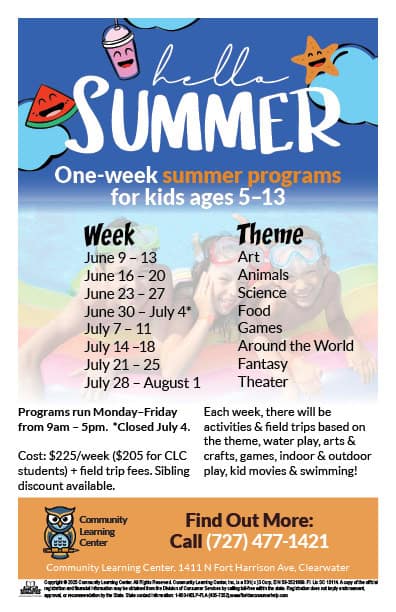


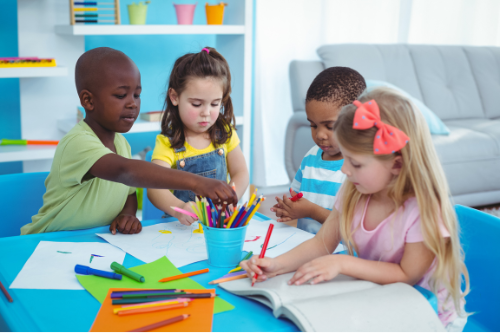
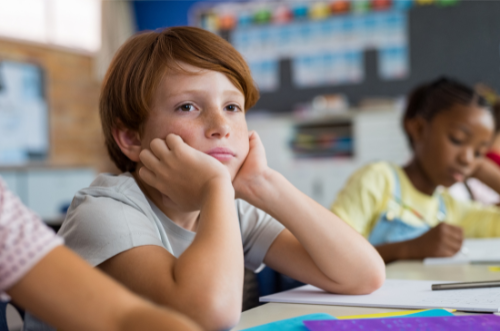
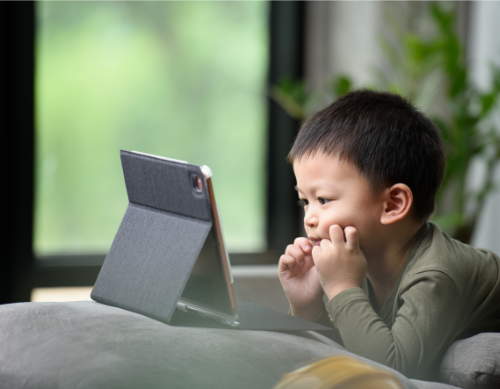
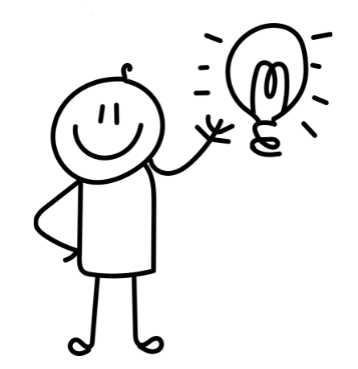




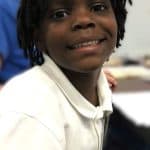
Recent Comments